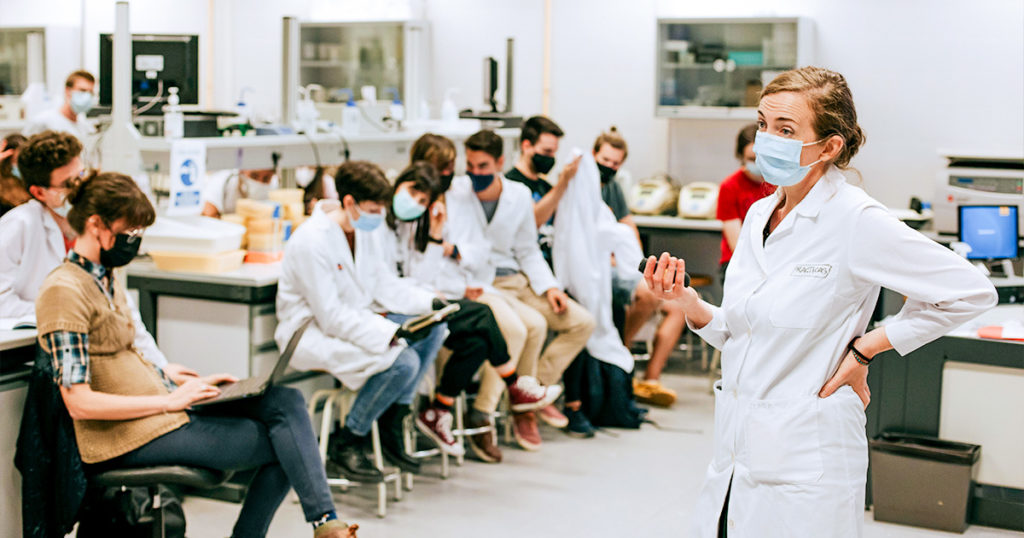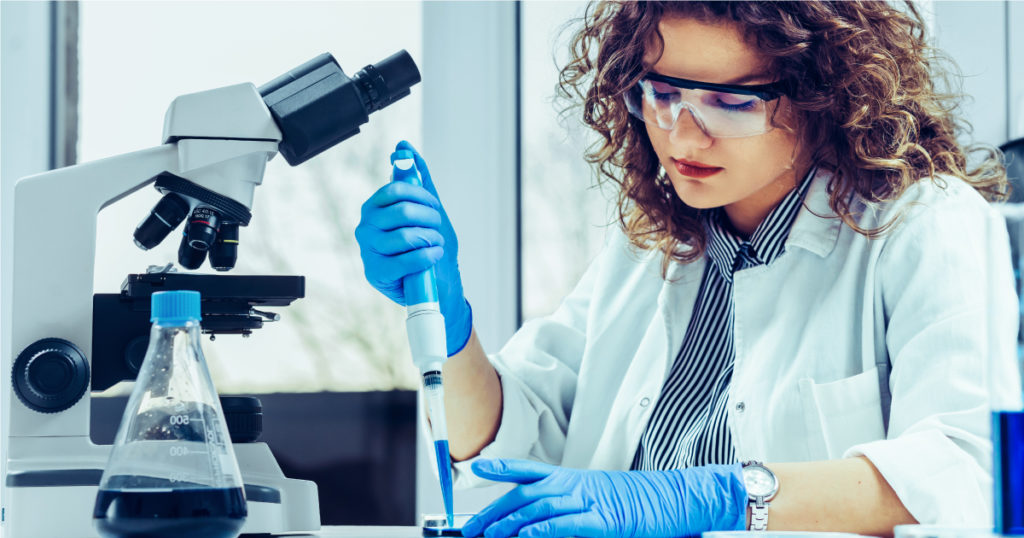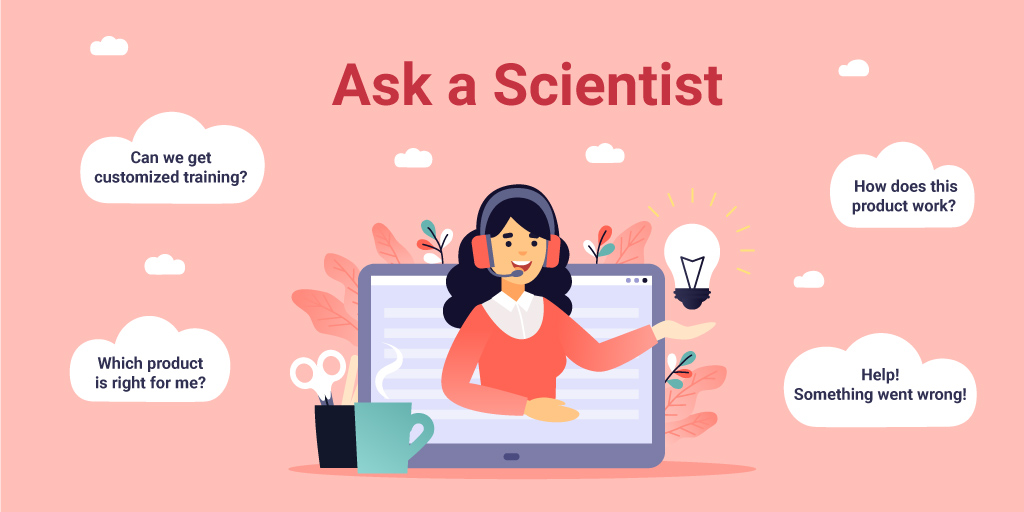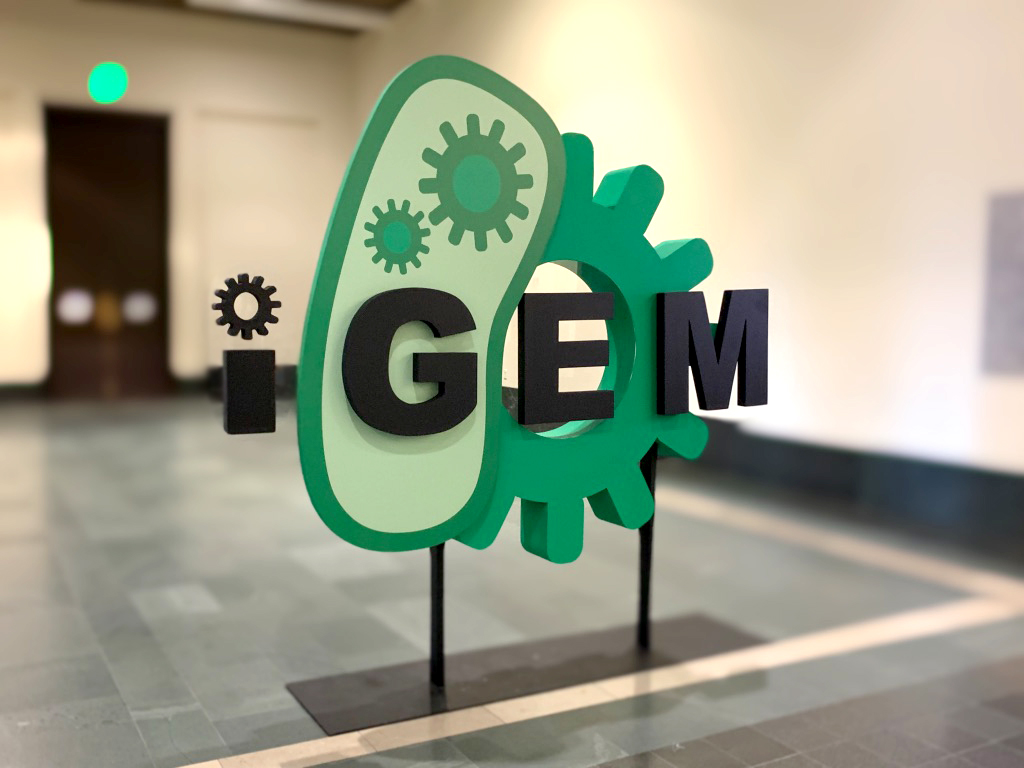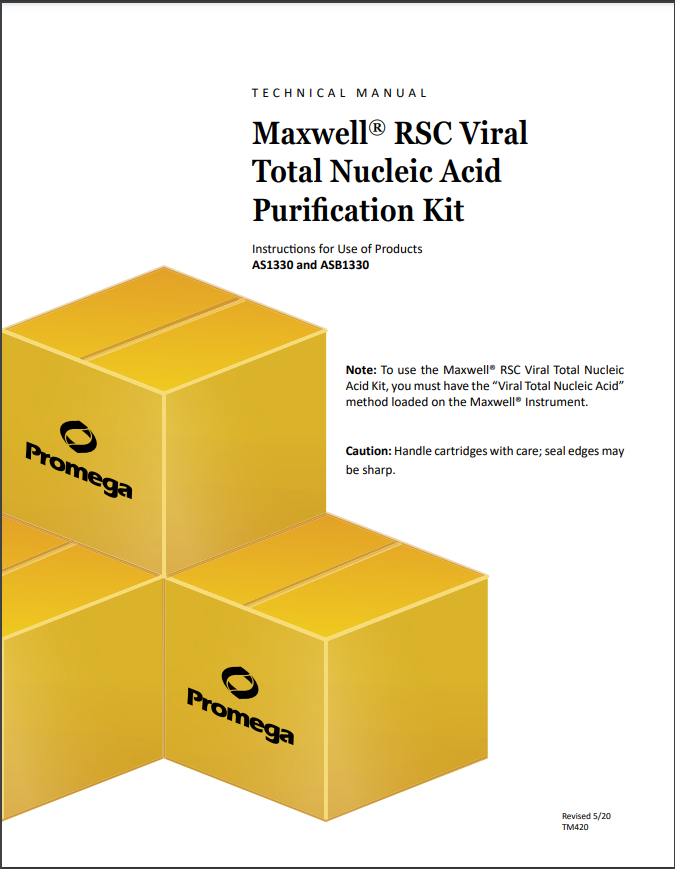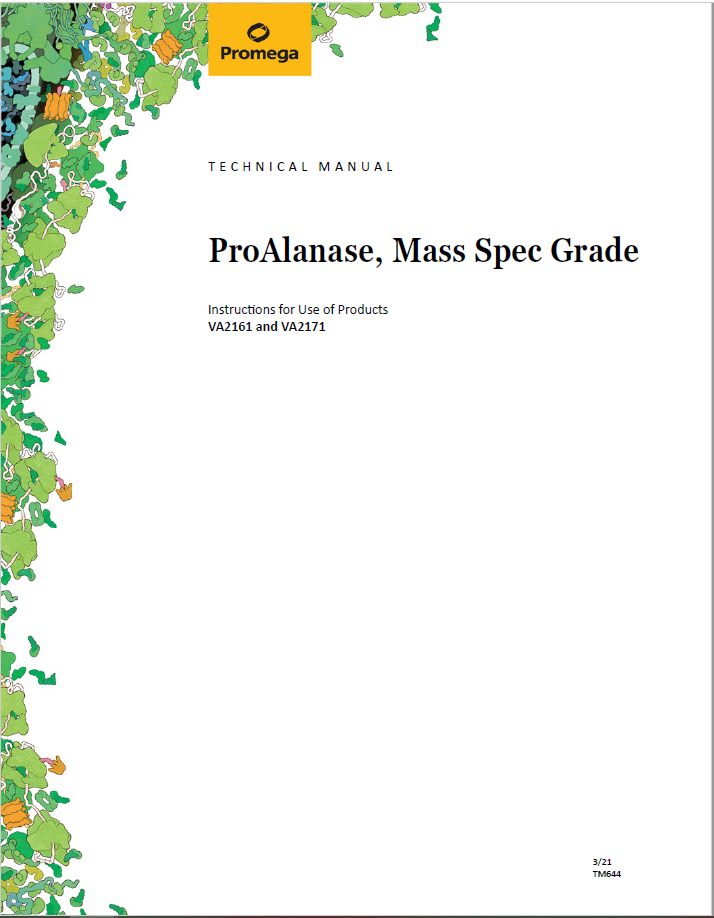Today’s blog is written by Malynn Utzinger, Director of Integrative Practices, and Tim Weitzel, ESI Architect.
If we want to reignite innovation and passion, we must rehumanize work.
-Silicon Valley CEO of Several Start-ups
If we want to rehumanize work, we need to be more human in the workplace.
-Promega’s ESI Bootcamp
Vulnerability is the birthplace of intimacy, trust connection, creativity, innovation. For leaders, it is the birthplace of trusted influence. But it is not permission to overshare.
-Brené Brown
Myths of Vulnerability
It’s important that we start off by making a few things about vulnerability crystal clear: being vulnerable is not about over-sharing, being emotional—or worse, gushy. It is not about sacrificing necessary boundaries or letting go of all discernment when speaking. Vulnerability, as we intend it, is about being real with others. It is about being clear and honest enough within yourself that you can use courage and clarity to state a need or a perspective. Quite the opposite of requiring tears or grand displays of emotion, vulnerability can be expressed with utter command of one’s emotions, so that the clarity and authenticity of the message is what remains.
Vulnerability is also knowing that you cannot know everything or do your work perfectly or even to your full satisfaction sometimes, and it is having this same understanding and acceptance for others. It is being able to speak to that honestly so that we can build sustainable bridges between ourselves and others. We call this speaking our truths–with discernment.
Finally, vulnerability is knowing that while we must give our best efforts where and whenever we can, we must also know what we can’t control. In most cases, what we cannot control is outcomes. Therefore, vulnerability is embracing the uncertainty in how things will go in our relationships and in our work if we risk emotional exposure. We cannot always know how others will hear what we share, but we can learn to take that risk and speak in service to a common goal. For example, we might decide to share that the reason we are being so obsessive or insistent on a process is because of a past failure (perceived or real) that we still carry with us. Even though we cannot control what others will think of our story, we trust that the sharing may help them share a need of their own or to hear our own need differently, so that we can all work together. This is true in every relationship of our lives, where we learn to share something true for the sake of allowing another human being to know us as we are.
Continue reading “The Power of Vulnerability” Like this:
Like Loading...
